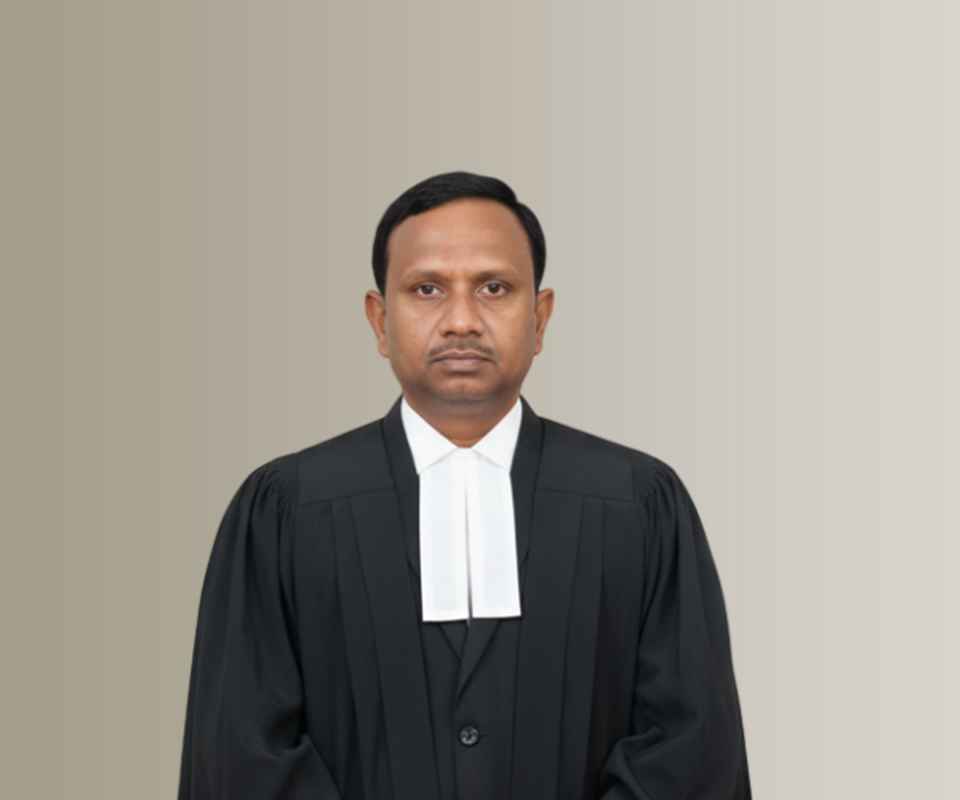Answer By law4u team
In India, senior citizens often face emotional trauma due to elder abuse, neglect, and financial exploitation by family members or caregivers. Such psychological harm can cause significant distress and affect their mental health. However, Indian law recognizes the right of elderly individuals to seek compensation for emotional or mental suffering caused by unlawful actions, such as abuse, discrimination, or mistreatment. Through legal provisions under the Maintenance and Welfare of Parents and Senior Citizens Act, 2007, Indian Penal Code (IPC), and consumer protection laws, senior citizens can pursue remedies to receive justice and financial redress for their emotional trauma.
Legal Provisions for Compensation for Emotional Trauma
Indian Penal Code (IPC)
Under the Indian Penal Code (IPC), emotional trauma caused by harassment or abuse can be considered a criminal offense. In such cases, senior citizens may seek compensation as part of the criminal trial, provided they can prove that the offender’s actions caused substantial mental distress.
- Section 498A (Cruelty by Husband or Relatives): Though this section primarily applies to women, it can be invoked in cases where elderly women face abuse or mental cruelty by family members, leading to emotional trauma.
- Section 323 (Punishment for Hurt): If physical abuse or mental harassment causes emotional harm, this section can be used to claim compensation.
- Section 504 (Intentional Insult with Intent to Provoke Breach of the Peace): If abusive language or insults lead to emotional harm, compensation can be sought.
Maintenance and Welfare of Parents and Senior Citizens Act, 2007
The Maintenance and Welfare of Parents and Senior Citizens Act, 2007 provides that senior citizens who suffer from neglect or abandonment by their children or relatives can approach a Maintenance Tribunal to claim compensation for both physical and emotional trauma.
- Section 5: Allows senior citizens to seek maintenance from their children, and if neglect results in emotional suffering or psychological harm, the tribunal can order compensation for emotional distress caused by the failure to provide necessary care.
- Section 23: Also allows the tribunal to direct rehabilitation measures and grant financial compensation to senior citizens who have been abused or mistreated.
Civil Suit for Emotional Distress
In certain cases, elderly individuals who have suffered from mental distress can file a civil suit for compensation in a court of law. To claim emotional distress compensation, the elderly individual must show that:
- They have been subjected to unlawful or negligent actions (such as physical abuse, verbal abuse, or financial exploitation).
- These actions have caused significant emotional suffering or mental health issues.
- There is evidence that the defendant’s actions were responsible for the trauma.
Senior citizens can claim damages for emotional trauma if they can show that the defendant’s behavior led to significant psychological distress.
Victim Compensation Scheme
Many states in India have introduced Victim Compensation Schemes where victims of crimes such as elder abuse can apply for financial compensation to cover the costs of medical treatment, psychological counseling, and other related expenses caused by the crime.
The National Commission for Women (NCW) and State Women's Commissions can also provide support for elderly women who have suffered emotional trauma due to domestic violence or abuse.
The National Victim Compensation Fund can offer relief to victims of violent crimes leading to emotional trauma.
Consumer Protection Laws
Senior citizens who experience mental harassment or emotional distress due to defective services or products (such as medical negligence or fraudulent consumer practices) can file complaints under the Consumer Protection Act, 2019. This Act allows for compensation not only for financial loss but also for the mental suffering caused by defective or substandard services.
Right to Emotional Health and Well-being
Senior citizens also have the right to mental peace and well-being under the Right to Life and Personal Liberty guaranteed by Article 21 of the Indian Constitution. If elder abuse or neglect leads to psychological harm, they can seek remedies through the legal system to ensure their right to a dignified and peaceful life is upheld.
Human Rights Approach
Human rights organizations and legal aid bodies also support elderly individuals seeking compensation for emotional trauma. The National Human Rights Commission (NHRC) has intervened in cases of elder abuse, and it can be approached for redress if there has been a violation of an elderly person’s mental health rights due to mistreatment.
Example
Mrs. Sharma, an elderly woman, was living with her son and daughter-in-law, who constantly mentally abused her, accusing her of being a burden and neglecting her needs. The continuous verbal abuse led to significant emotional trauma, resulting in anxiety and depression.
Steps Taken:
- Mrs. Sharma approached the Maintenance Tribunal under the Maintenance and Welfare of Parents and Senior Citizens Act, 2007 and filed a complaint against her son and daughter-in-law for neglect and emotional abuse.
- The tribunal found the family guilty of abandonment and ordered compensation for the emotional distress caused by the abuse.
- Mrs. Sharma was also provided psychological counseling and financial support for her well-being.
Conclusion
Senior citizens have legal avenues to seek compensation for emotional trauma caused by abuse, neglect, or financial exploitation. The provisions under the Indian Penal Code, Maintenance and Welfare of Parents and Senior Citizens Act, Victim Compensation Schemes, and Consumer Protection Laws provide a framework for seeking redress for psychological harm. By utilizing these legal options, elderly individuals can safeguard their mental well-being and obtain justice for the emotional suffering they have endured.







